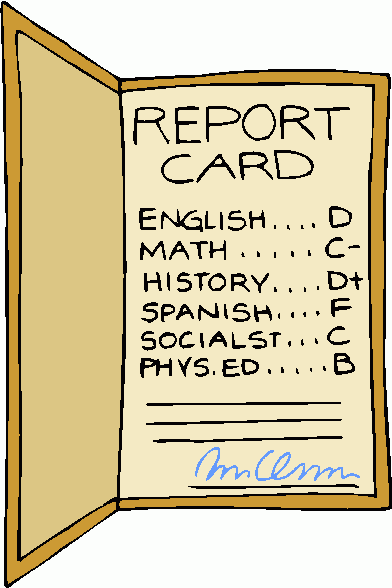 By Matt Buccelli
By Matt Buccelli A recent sample of test score data from around the world is causing significant concern among American education observers and public officials. The report, which tallied the math, science, and reading scores of 15 year-olds in each of the 34 countries within the Organization for Economic Cooperation and Development [OECD], demonstrates mediocre results for the United States, and shows us lagging behind many other Asian and European countries. On the 1,000 point scale of the International Student Assessment, we scored a 500 in reading, 502 in science, and 487 in math.
The results sounded alarm bells for many public officials. Education Secretary Arne Duncan referred to the results as "a massive wake-up call." Added Duncan: "Have we ever been satisfied as Americans being average in anything? Is that our aspiration? Our goal should be absolutely to lead the world in education."
Representative George Miller [D-CA], the outgoing chairman of the House Education Committee, expressed similar distress. "Average won't help us regain our global role as a leader in education. Average won't help our students get the jobs of tomorrow. Average is the status quo and it's failing our country."
The disappointing results also drew attention from President Obama, who called for a new "Sputnik moment" to stimulate US investment in math and science education and scientific research in general. In case you've been contributing in the last several years to our country's average test scores, Sputnik was the Soviet satellite launched in 1957 that caused widespread panic and outrage that our then-Cold War rivals had beat us to space. As everyone knows, we quickly stepped up our game and put a man on the moon just 12 years later -- largely the work of rocket scientists and engineers who were mostly under 30 at the time. If this transformation was a testament to the power of our country to course-correct and better educate our young people then, President Obama is clearly trying to channel those same energies now.
But what needs to be done to improve the country's academic performance? Weren't we in this same position when we enacted No Child Left Behind over 8 years ago? How many new reports need to come out before we can find a series of real solutions to an educational crisis that seems to get deeper by the day?
If this report tells us one thing, it's that mediocrity and failure within the American school system extends way beyond the thousands of "low-performing schools" across the country. We do need a new "Sputnik moment," but we can't just throw more money at a school system that clearly isn't doing its job. We need to comprehensively rethink our approach to education in the United States, from what and how we teach students to the way we choose to assess them, and we need to start doing it right now.
LINKS:
International test score data show US firmly mid-pack [Washington Post]
House Education Chair: US School System is 'Failing Our Country' [HuffPost]
Obama cites 'Sputnik' moment, calls for investment [Yahoo! News]

No comments:
Post a Comment